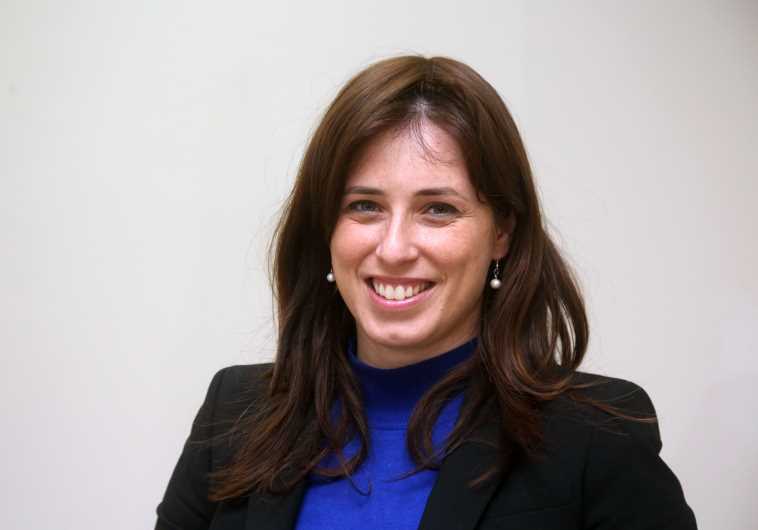Hotovely to Brazil: Approve Dayan, or face 'crisis in relations' with Israel
Deputy Foreign Minister says Israel will use all the means at its disposal to get the ambassadorial appointment approved.
 (photo credit: MARC ISRAEL SELLEM/THE JERUSALEM POST)Updated:
(photo credit: MARC ISRAEL SELLEM/THE JERUSALEM POST)Updated: